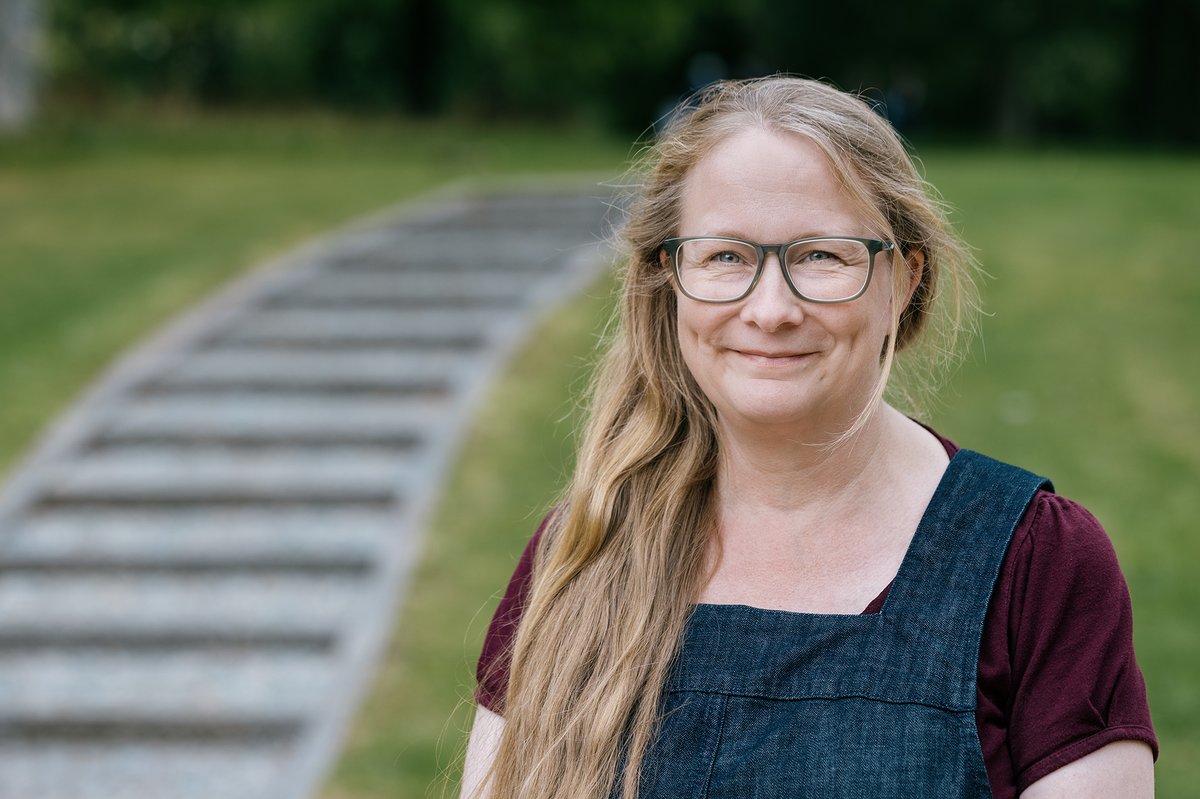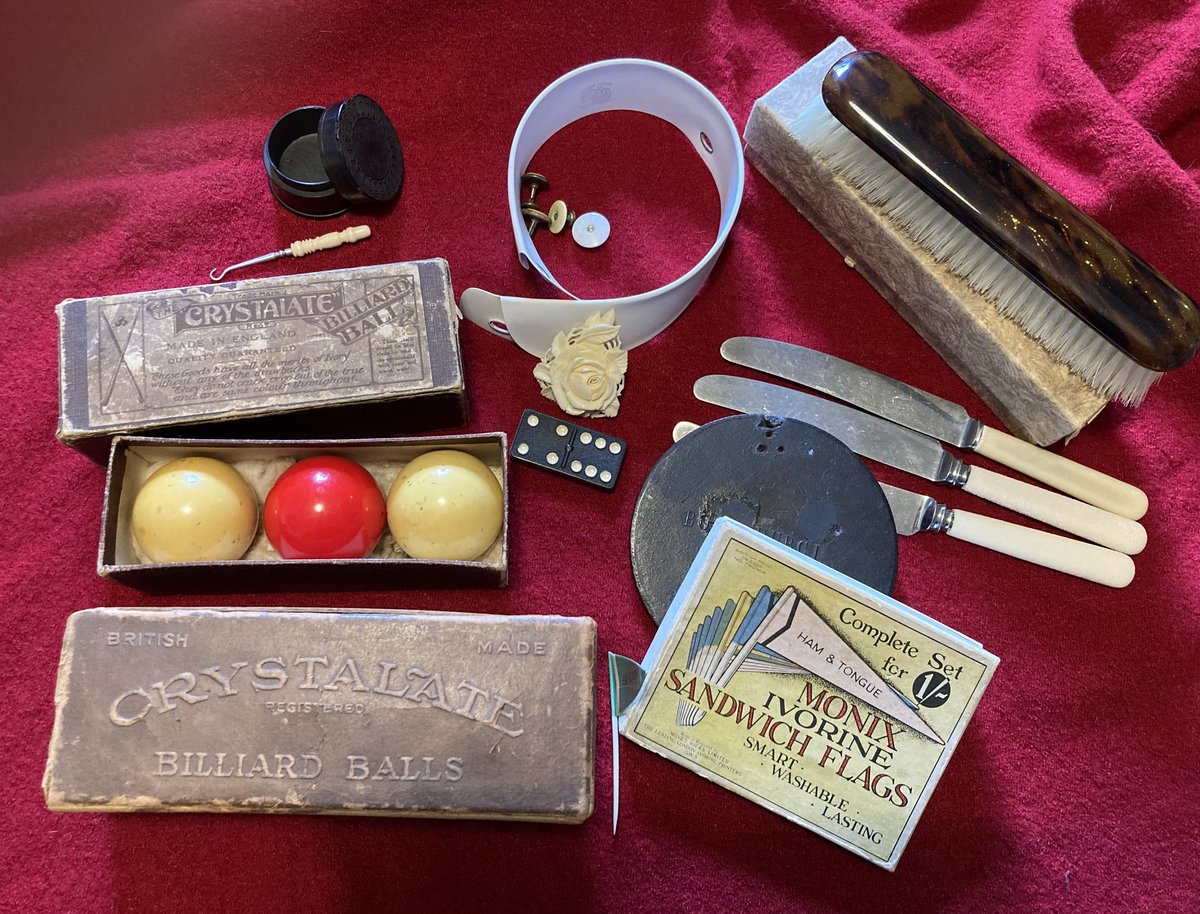
Associate professor, Faculty of Arts & Humanities: School of History and History of Art, University of East Anglia, Norwich, UK
During her AIAS-AUFF Fellowship, Emily Cockayne will be working on the project 'Recreating historical non-synthetic plastics: relearning Victorian recycling for environmental good'
Plastic took a misstep at the start of the twentieth century when manufacturers turned their backs on their own industrial roots. Plastics development in Victorian Brimingham, London and elsewhere, had stemmed from industries already focused on reusing waste for papier-mâché using hydraulics. Bois Durci, Parkesine and Xylonite imitated wood, horn, meerschaum, tortoiseshell, stone, ivory, even silver and gold. Incorporating recycled materials or industrial by-products (cotton, paper, coal tar, milk, blood, even root vegetables), these plastics used up available waste in material reinvention. Clear long-term gains lie in rethinking past production and exploring how early plastics have endured in soil, water, and other contexts. By collaborating with researchers in Aarhus, in Environmental Humanities, History and those working on plastics and recycling, I will establish a network of scholars invested in the recreation of non-synthetic plastics that are less damaging to the environment, at the point of production and in use.
Emily Cockayne studied at Cambridge University before securing a Prize Fellowship at Magdalen College, Oxford, and is Associate Professor in Cultural History at the University of East Anglia, UK. Author of four monographs (Hubbub, 2007; Cheek by Jowl, 2012; Rummage, 2020; Penning Poison, 2023), Emily’s work is broadly focused on the history of material and everyday life – including historical repurposing and reuse. She also provides historical consultancy (most recently for the feature film Wicked Little Letters, StudioCanal).
Project title: Recreating historical non-synthetic plastics: relearning Victorian recycling for environmental good
Area of research: Cultural and Material (and Industrial) History
Fellowship period: 1 Sep 2025 - 31 Jul 2026
Fellowship type: AIAS-AUFF Fellow
Contact: emco@aias.au.dk

This fellowship has received funding from The Aarhus University Research Foundation (AUFF)
